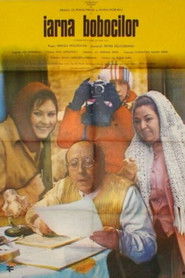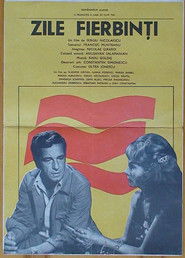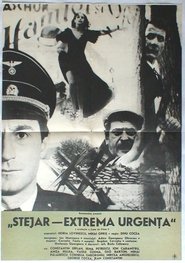detail profile constantin diplan
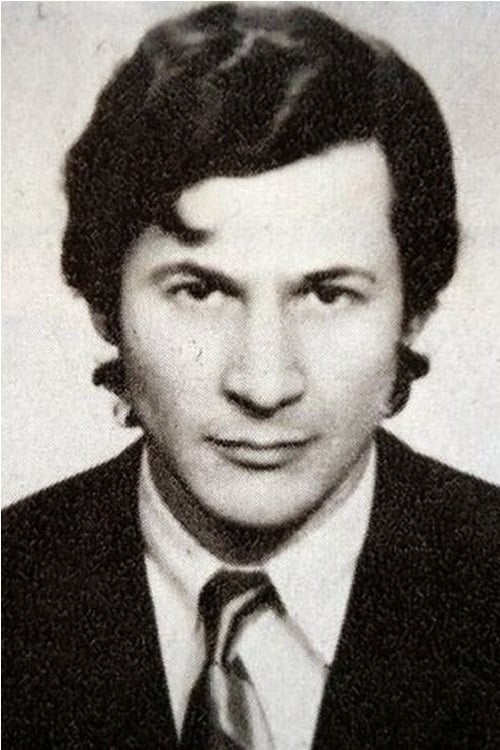
Info Pribadi
Peran Yang Di Mainkan Constantin Diplan
 In the year 6470 a husband and...
In the year 6470 a husband and...The Son of the Stars 1988
In the year 6470, a husband and wife team of explorers receive a mysterious distress signal from an astronaut who disappeared decades earlier. They leave their son on board their ship while they go searching for the missing astronaut — but fate intervenes, crash-landing the ship on a jungle-like planet populated by bulbous, telekinetic aliens and eerie stone gardens of frozen space creatures.
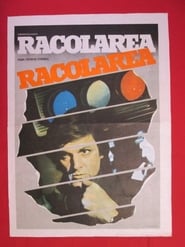 Lured by a delusional offer a...
Lured by a delusional offer a...The Recruitment 1985
Lured by a delusional offer, a young geologist ravels abroad where he falls in the tentacles of an economic spying multinational, that forces him to play as its agents sing for him. Well endowed morally and physically, our geologist passes with flying banners the tests, more so, he even resists the charms of an irresistible lady agent, only to be able to return home, where it's very obvious for him what he has to do! —Tudor Caranfil & Mihnea Columbeanu
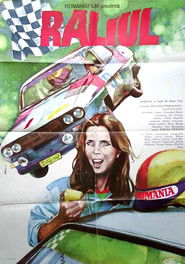 Young Thasica Pribeag follows her passion...
Young Thasica Pribeag follows her passion...Raliul 1984
Young Thasica Pribeag follows her passion for cars and rallies, despite all the obstacles she faces.
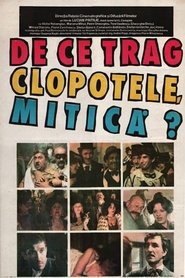 Based on a theatrical text by...
Based on a theatrical text by...Why Are the Bells Ringing, Mitica? 1981
Based on a theatrical text by Romanian writer Ion Luca Caragiale (1852-1912), who was a bitter and funny witness of the turn-of-the-20th-century Romanian bourgeois mores, Carnival Scenes manages to preserve and further enhance the slightly hysteric atmosphere of his plays. Pintilie creates a strange combination of carnival scenes which is brought to the screen as a burlesque, fast-paced, screwball comedy with a meditative undertone. This film was banned in Romania for a decade until the death of Ceausescu in 1989 and was only released after the 1989 revolution.
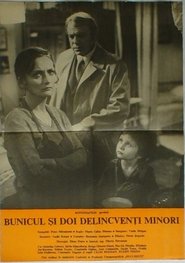 A police officer is investigating the...
A police officer is investigating the...Grandpa and Two Young Offenders 1976
A police officer is investigating the disappearance of a colleague's young boy. His key seems to be the "dark skinned" friend of the boy about whom nobody cares, including the police.
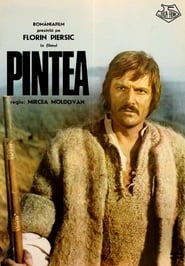 The movie is set in 18th...
The movie is set in 18th...Pintea 1976
The movie is set in 18th century Maramureș region of Romania. The Romanian officer Grigore Pintea return to his village and finds out that his parents were killed, and other villagers were tortured because they protested against the unfair treatment of Bartolok Graff. He deserts the Austrian army and he becomes an outlaw. He is joined by many peasants and so his band manages to occupy 2 fortresses.
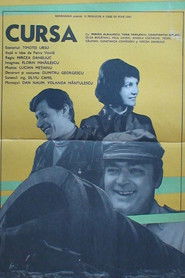 Savu and Panait two drivers working...
Savu and Panait two drivers working...The Long Drive 1975
Savu and Panait, two drivers working for a firm of construction and assembly must ensure the movement of a giant machine. Along the way, she meets Miriam, a young gone to meet his fiance even transport your destination. Identity documents and stolen his train ticket. The two drivers decide to give her journey. After a night in a motel, drivers have an argument that is not foreign to the presence of Mary. For their silence, Savu decides to disembark. Not long after, overcome by remorse, turn back looking for her and thus reach his village which had left years ago. Here, Maria discovers drama of the human soul, wounded by an unhappy marriage. Arriving at your destination, are the husband of Mary is already married two months. Two men and a woman on the road to return, beyond sadness after a ravishing experience.
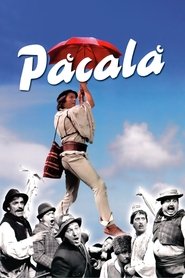 Pacala is an important hero in...
Pacala is an important hero in...Păcală 1974
Pacala is an important hero in Romanian popular tradition. He is always making fun of everything wrong with the human behaviour such as stupidity, greed or vanity. His attitude and actions always bring damages to the mean, evil and materialistic people. So beside the jokes, the movie has this philosophical layer, undoubtedly because Pacala's independent way of being, free spirit and his love for the nature creates a way of seeing life, bringing joy. Filmed in a very beautiful part of Romania in 1974, the movie had an important success at that time and it is considered one of the most loved movies in Romania ever. Like the hero, found in many stories and jokes, the movie forwards the spirit of true freedom and pure link with the nature, forgetting about times and governments.
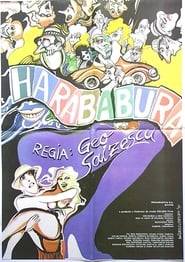 A few unrelated groups of people...
A few unrelated groups of people...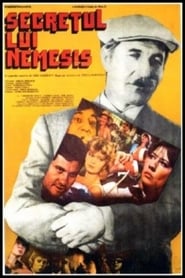
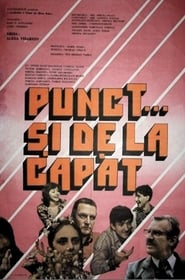 Drama directed by Visarion Alexa
Drama directed by Visarion Alexa A provincial young girl a farming...
A provincial young girl a farming...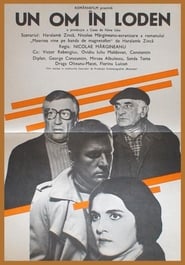 Threatening letters phone calls in the...
Threatening letters phone calls in the...